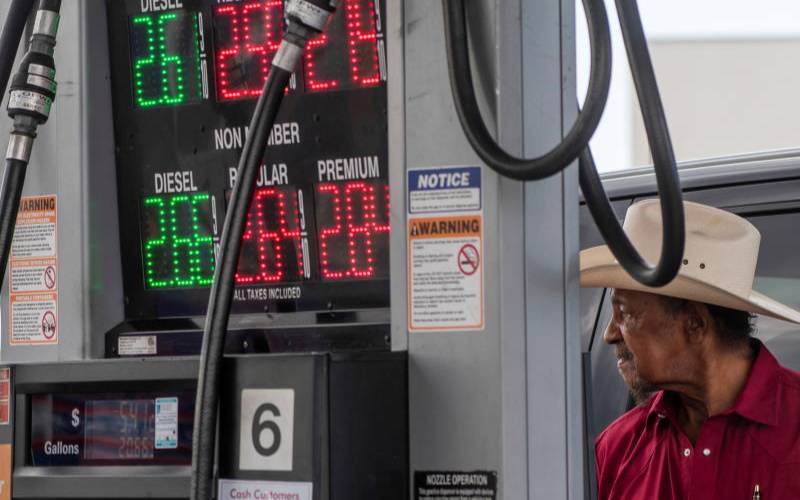×
The Standard e-Paper
Kenya’s Boldest Voice

The European Union (EU) has drawn up plans to label some natural gas and nuclear energy projects as “green” investments after a year-long battle between governments over which investments are truly climate-friendly.






